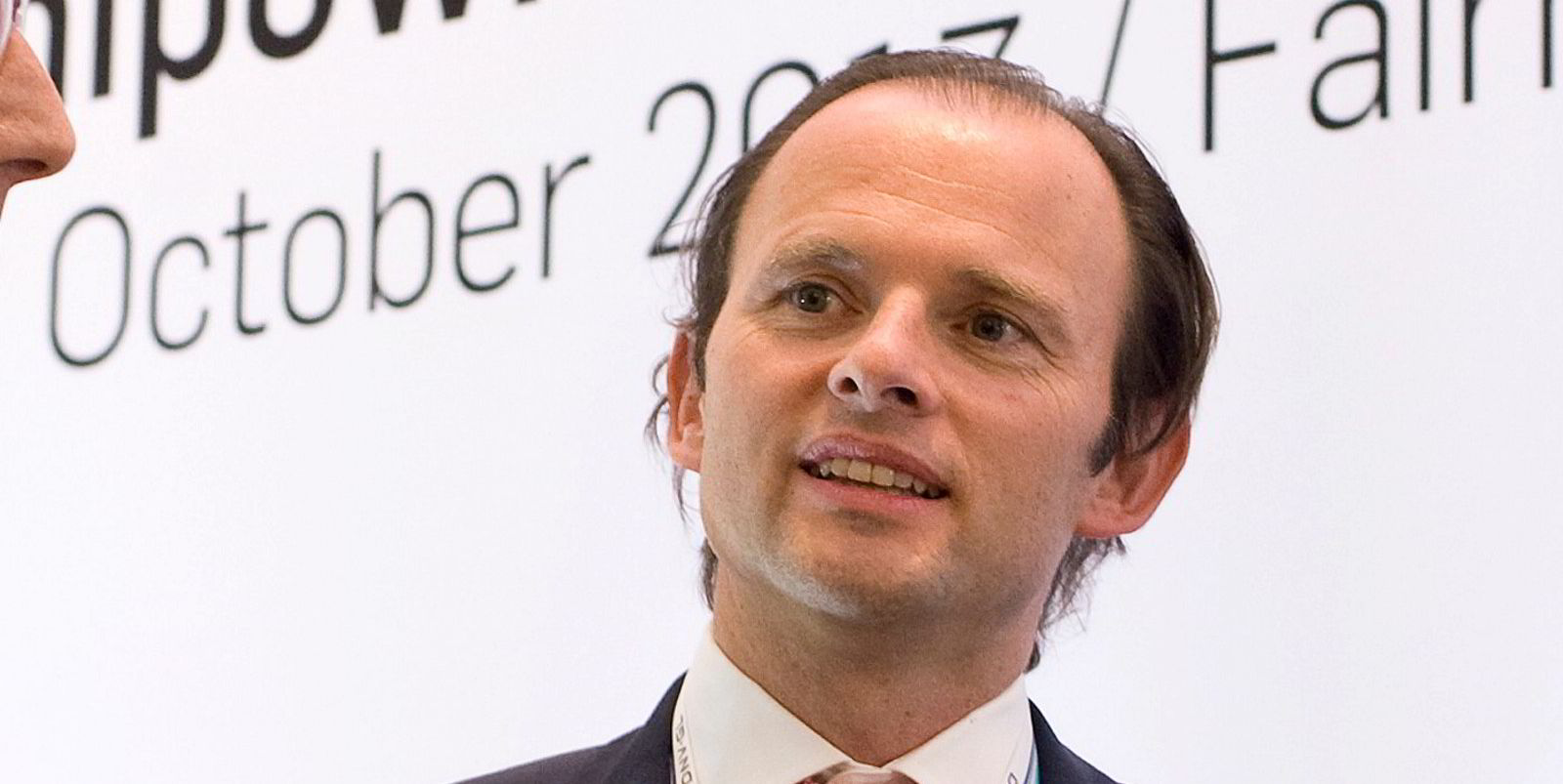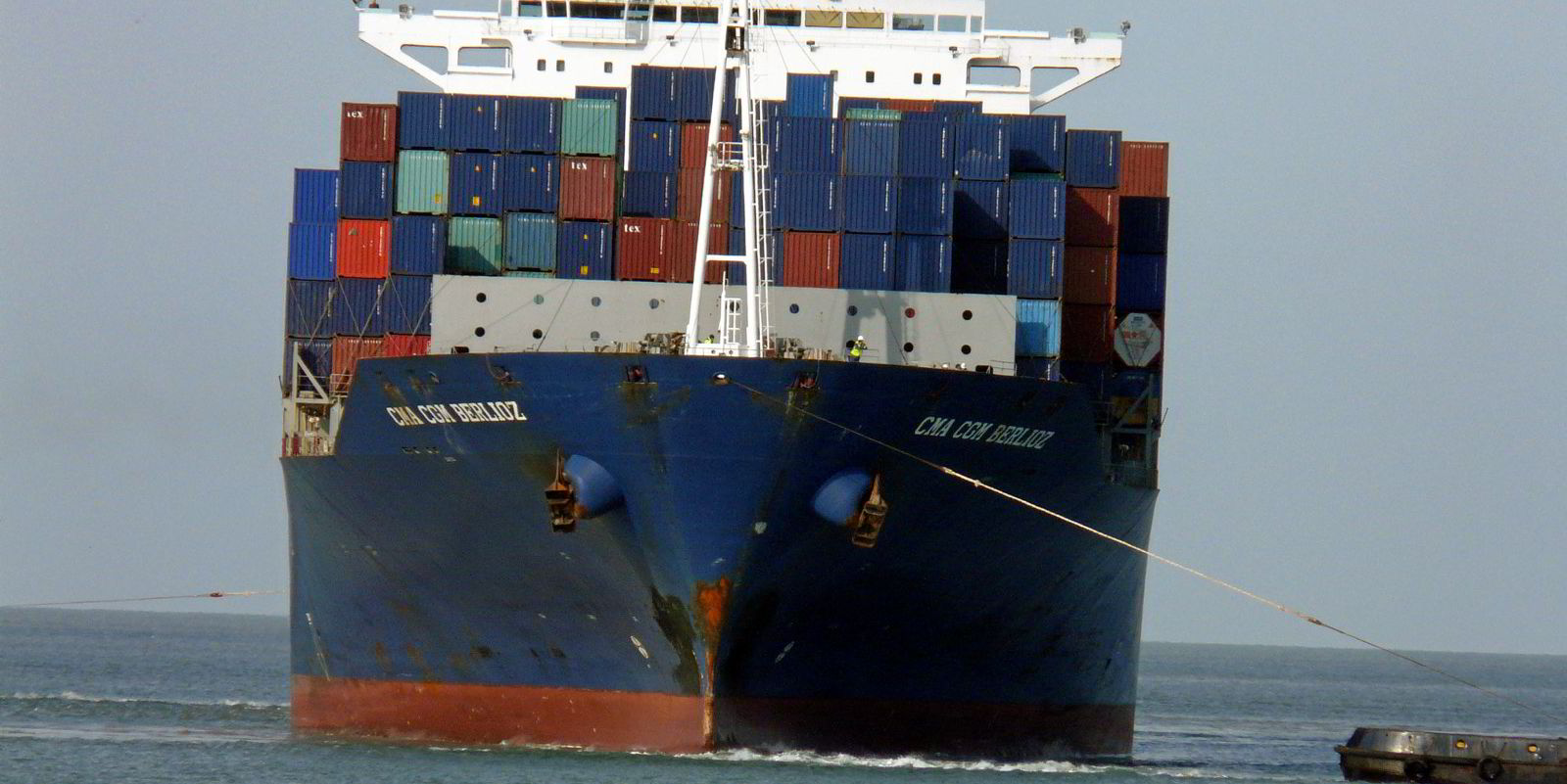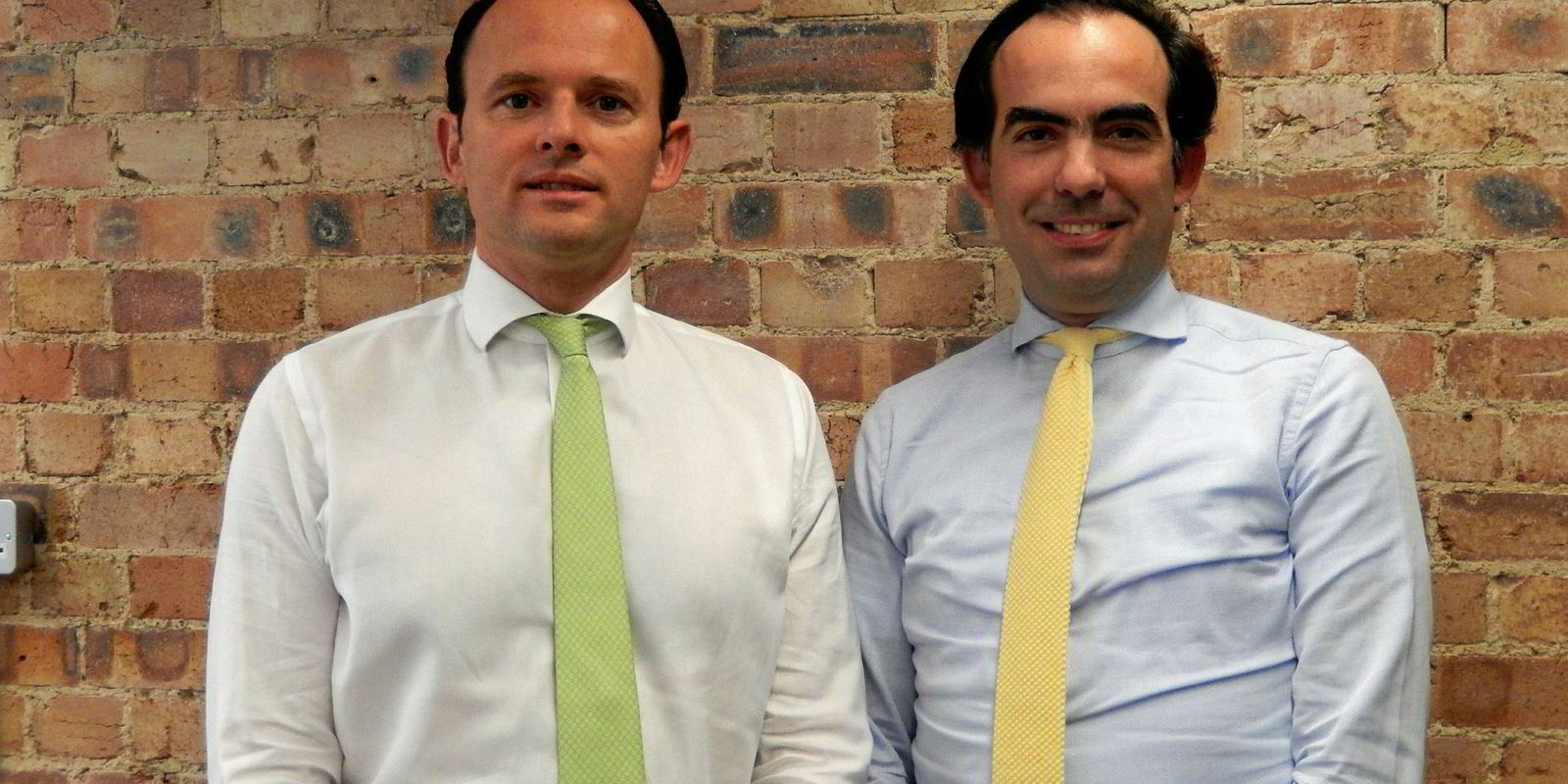Christoph Toepfer has no doubt that the timing was right for the $233.9m sale of a dozen container vessels.
Waiting a little longer may have caught part of the continuing rise in the boxship markets, but it would have risked a drop in liquidity in the sale and purchase market.
“We’re quite optimistic for this market, but at some stage it will end," said Toepfer, who is founder and chief executive of London-based Borealis Maritime.
"And then liquidity will all dry up because everyone will wait for lower values.”
That conviction culminated on 8 June with the sale of 12 containerships with an average size of 3,000 teu ships to George Youroukos-led Global Ship Lease (GSL).
That proved highly profitable for KKR, the private equity sponsor of Oslo-listed Borealis Finance LLC, which owned the ships.
4,363 teu Bomar Milione (built 2008) chartered at $22,000 per day to Q4 2022
3,421 teu Bomar Rossi (built 2012) chartered at $20,000 per day to Q1 2022
3,421 teu Nordic Macau (built 2014) chartered at $21,500 per day to Q1 2023
3,404 teu Nordic Hong Kong (built 2013) chartered at $24,500 per day to Q2 2023
3,404 teu Bomar Beijing (built 2013) chartered at $12,000 per day to Q3 2021
2,824 teu Mozart (built 2007) chartered at $11,700 per day to Q3 2021
2,824 teu Bomar Bellini built 2007) chartered at $20,250 per day to Q2 2022
2,824 teu Bomar Hamburg (built 2006) :chartered at $18,500 per day to Q1 2023
2,741 teu Haydn (built 2006) :chartered at $18,500 per day to Q1 2023
2,546 teu Beethoven (built 2012) : chartered at $15,000 per day to Q4 2021
2,546 teu Ravel (built 2014) : chartered at $19,250 per day to Q1 2023
1,118 teu Bomar Rebecca (bult 2008) : chartered at $11,900 per day to Q3 2023
Source GSL/Borealis/TradeWinds
Talks to sell the vessels had been going on for around six months and continued as momentum picked up in the boxship market.
“We felt very strongly about the market, but were going with the handbrake on for a while because we felt this market had some way to go. We did well to wait and not to rush.”
Selling a large chunk of its fleet of mid-sized containerships which were acquired in stages over six years was never ever going to be straightforward.
Many still have charters for periods up to 25 months remaining. That is a length of charter deemed too short to interest private equity investors and too long to attract liner companies.
So the size of the fleet and length of charters limited the field of buyers. In the meantime, the value of charter free ships continued to rise.
“We may have given up some upside, but that’s fine,” said Toepfer.
“This is a very profitable exit for our investors from part of their investments jointly with us in the feeder container side.”
“This is what we are about, to make money for investors,” he said. “People sometimes forget that selling is part of a successful investment track record.”
Extraordinary transformation
Borealis Finance had owned a fleet of 25 containerships from 1,118-teu up to 4,563-teu and two panamax bulkers.
The 12 ships vessels being sold were part of that number and part of Borealis’ $200m bond collateral package.
The sales leave the company in position to repay its outstanding bond in full later year. Borealis Finance will then own 15 unencumbered vessels with value shy of $350m, according to investment bank Fearnley Securities.
The analyst describes that as “an extraordinary transformation” since the completion of a bond restructuring in June last year.
Toepfer confirms that repaying the bond is under consideration in order to leave the company in very strong position.
“We will then look into either dividending out a strong cash flow or potentially selling some of the assets as well,” he said.
New fund and offshore company
Borealis Maritime will still retain a sizeable fleet of around 50 vessels under management, a few of which have been committed for sale in the coming months.
“Some of our partners’ equity funds retain significant liquidity to redeploy in new transactions,” Toepfer said.
That could provide the basis for other projects including raise more funds to redeploy in shipping.
“We expect to finalise a new fund raising before summer that will give us significant dry powder to redeploy capital in maritime assets,” said Toepfer.
The fund would have “a different strategy compared to some of our opportunistic, distress oriented funds for whom we managed vessels over the past eight years,” he added.
Borealis has also launched a new offshore company, Aurora Offshore, based out of Norway, that is focused on opportunities and management within the offshore support vessel (OSV) sector.
Meanwhile, Australis Maritime, the financial lending arm of the Borealis group, continues to grow and has been very busy over the past eight months.
Toepfer believes that the sale of the vessels illustrates the shift in investment approach from the days preceding the financial crisis when boxship managers held onto ships rather than sell.
“We are investment managers first and foremost, and not like the old German KG [limited partnership] manager focused on purely ship management as the main source of income.”
Borealis had also proven its "ability to create exit opportunities in package-size rather just in individual S&P transactions,” Toepfer said.






